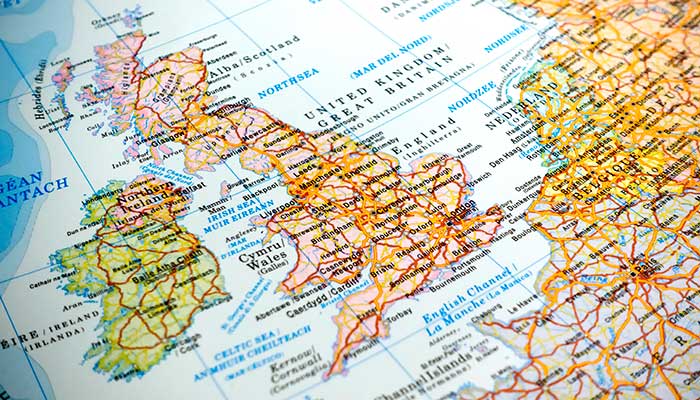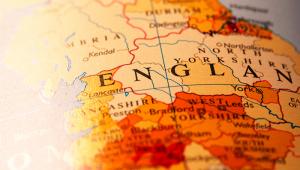
Image © iStock
The UK ruled an empire from Whitehall when the last Coronation took place in 1953.
Today, it’s a very different place with power and service delivery based in Scotland, Northern Ireland, Wales and increasingly with the English regions.
As part of our Coronation coverage, we’re reflecting on the changes that have taken place since, and development of four distinct nations is one of them.
England is playing catch-up, according to Akash Paun, senior fellow at the Institute for Government.
“The post-1997 devolution reforms transformed the British constitution, creating new centres of power in Edinburgh, Cardiff and Belfast in what had previously been a unitary state dominated by Westminster,” he said.
“It is still too soon to know the long-term implications of these reforms – the fragmentation of the Union is one possible endpoint, but so too is a strengthened Union based on cooperation and partnership between the various nations and regions of the UK.
“Devolution has enabled Scotland and Wales in particular to test out new approaches to policymaking and public service reform, creating a ‘policy laboratory’ in which different solutions to shared problems can be tested and learned from.
“The big piece of unfinished business has been England, which remains highly centralised, notwithstanding the success of devolved authorities and mayors in places like London and Manchester. With both parties committed to further decentralisation, the next phase of devolution might see this picture change, with a more radical dispersal of power away from the centre.”
“Across Whitehall and Westminster there are always competing impulses when it comes to devolution,” said Paun.
“In the present government, Michael Gove and the Levelling Up Department are driving the devo agenda – and appear to have the backing or at least acquiescence of the chancellor and prime minister to negotiate further devolution deals across England.
“But fully letting go of key policy levers and budgets is never easy for the government to do, since the fear is that they will have to pick up the pieces when things go wrong while leaving devolved leaders to take credit when things go well.”
Read more in State of the Nation in the current edition of Public Finance










